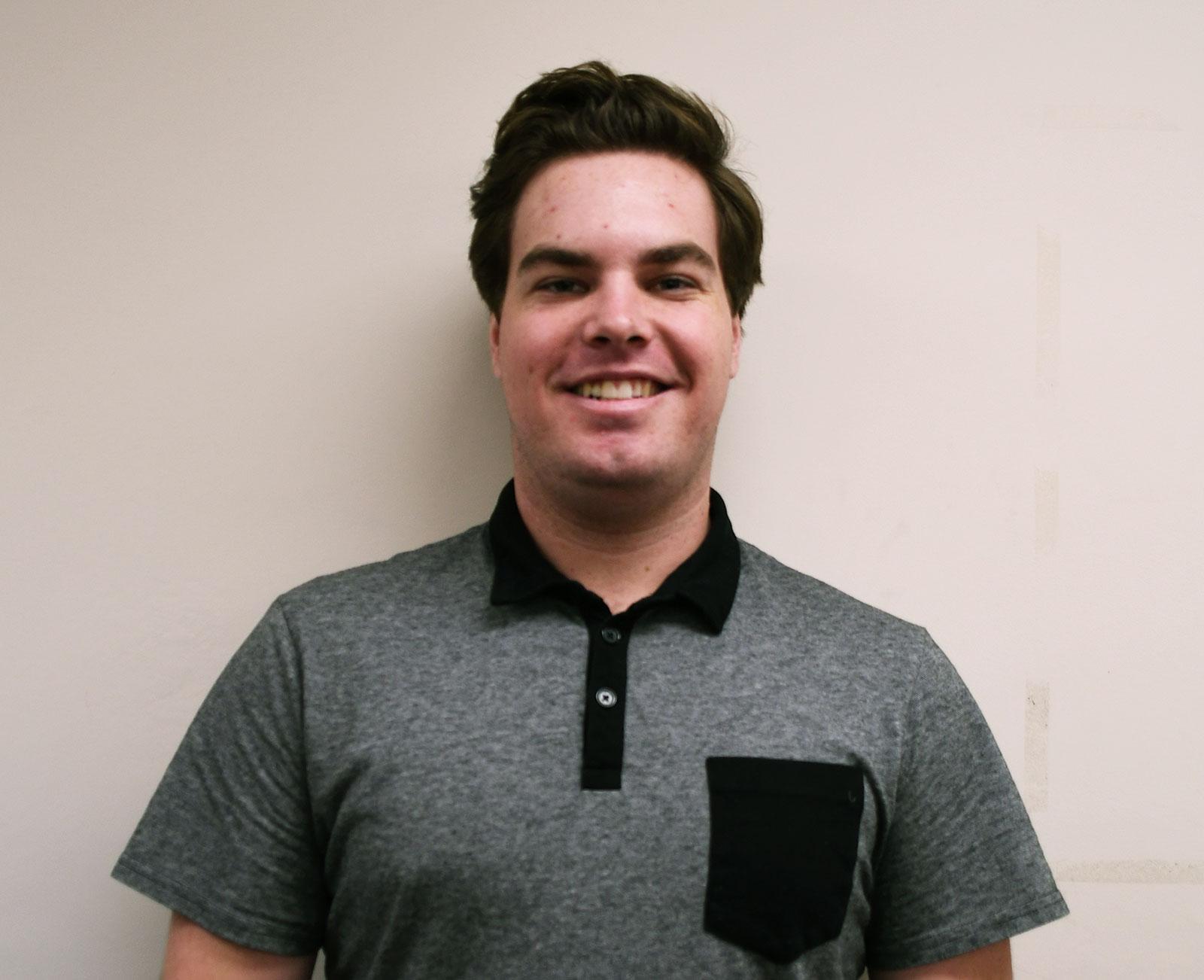Massachusetts experienced Patriots’ Day under unusual circumstances on Monday. Due to the coronavirus pandemic, the holiday was without many of its annual events.
Since 1897, The Boston Marathon has been a stable tradition. On the third Monday of April in 1969 and beyond, runners of many different skill sets and backgrounds start off the 26.2-mile course in Hopkinton. They cross the finish line on Boston’s Boylston St. with the Boston Public Library proudly standing over their right shoulder.
This year, the race could not be run on a regular Marathon Monday. The event was postponed until Sept. 14.
The Marathon was not the only tradition to fall by the wayside this year. Fenway Park usually opens its gates a little earlier than usual every Patriots’ Day as Red Sox fans are treated to a rare morning of baseball, with the first pitch made around 11 a.m.
Unfortunately, that was not in the cards this year. MLB has postponed its season and nobody is sure when baseball will be back. Not to mention, it is unknown if playing in front of fans this year is even a possibility.
While it is not a formal Patriots’ Day tradition, Boston fans have grown accustomed to watching the Bruins and Celtics either wrap up their regular seasons or partake in postseason play.
Both the NHL and NBA also had to postpone the end of their regular seasons. That leaves a flurry of questions swirling around whether the leagues can play their postseasons this year. Playoff games without spectators have been discussed as an option.
It is incredibly frustrating how this pandemic has impacted this hallowed date on Boston’s calendar. This day is supposed to mark the unofficial start of spring. It is challenging to get behind this sentiment when gathering with friends is discouraged, restaurant patios stand vacant and Fenway Park remains silent.
However, Boston has been through a more disheartening Patriots’ Day before.
The heartbreaking events of the 2013 Boston Marathon are a sobering reminder we could have it a lot worse. April 15, 2013 has left a permanent mark on the city.
On the 117th running of The Boston Marathon, two explosions went off near the finish line. Two brothers, 19-year-old Dzhokhar and 26-year-old Tamerlan Tsarnaev, placed two pressure cooker bombs on Boylston St. The two blasts went off around 2:50 p.m., just seconds apart.
Three fatalities came from the carnage. 17 citizens lost limbs. 264 people were physically injured. Countless souls suffered mental scars.
Martin Richard, 8 years old, Lingzi Lu, 23 years old, and Krystle Campbell, 29 years old, were the three who tragically lost their lives.
As soon as the explosions occurred, civilians immediately started helping those impacted by the blasts. Medical professionals and regular citizens alike began assisting those who needed it the most. The acts of heroism that fateful day defined the term “Boston Strong.”
After the city suffered an immeasurable blow, Boston’s residents would come together and support their community. Patriots’ Day took on a whole new meaning. The third Monday of April is now a day to celebrate those who forever had their lives altered that afternoon. While the events will always be an integral part of the festivities, the holiday belongs to those who were on Boylston St. that afternoon.
It is disheartening that this Patriots’ Day lacked so many anticipated traditions. This date is meant to be enjoyed with small groups and large crowds. The day is set up to spend time with close friends and complete strangers. Millionaire athletes playing games, as well as teachers running their first marathon, are both showered with praise.
However, this year’s seven-year anniversary of the bombing serves as a somber reminder to keep life in perspective. If Boston can recover from a terrorist attack that shook the city to its core, it can get through a Marathon Monday with no marathon. This will only strengthen the appreciation for when the race is run again.
One of the most inspiring aspects of the 2013 Boston Marathon was how the city responded the next year. The 2014 race saw an incredible amount of participation from runners and spectators. About 36,000 athletes crossed the finish line. This is momentous as the only year that saw more was 1996. More than one million spectators packed the sidewalks across the route, which doubled the average fan turnout.
Throughout history, Boston has proven over and over again it does not stay down for long. Whenever the next Boston Marathon is run, whether it’s in September or on a later date, it will be a special day full of pride, joy and gratitude.
Most of all, it will be worth the wait.





















































































































